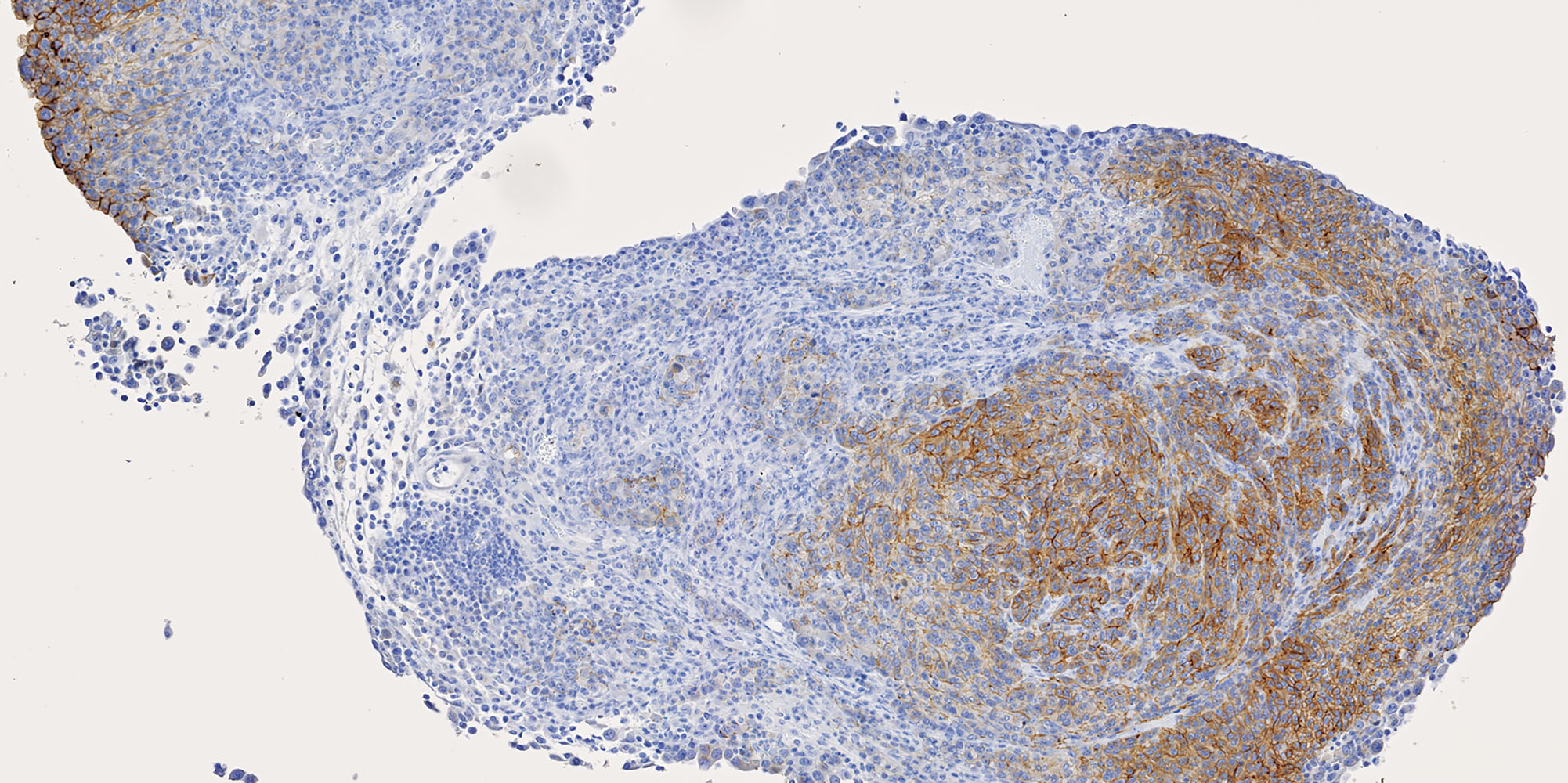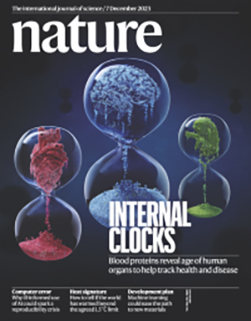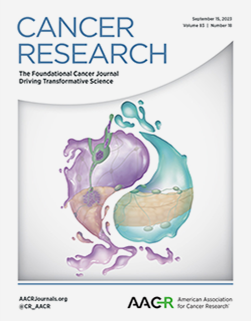Approximately 39.5% of all humans in the US and more than half of the dogs over the age of 10 develop cancer at the same rate. Researchers have found that both share similarities at the cellular and molecular level, and that these naturally occurring cancers in dogs provide a unique model for treatment research compared to mouse models with artificially induced cancers. Members of the Anticancer Discovery from Pets to People theme have been working with dogs and cats with cancer to discover new treatments that can help reduce tumors in these beloved companions and be used to treat cancer in humans.
Recent Publications from ACPP
View full list of publications from ACPP
From Leaders of the Theme
We use novel approaches to elucidate new anticancer targets and discover candidate anticancer drugs. Our work is tremendously enabled by comparative tumor oncology and genomics through the inclusion of companion animals (dogs and cats) with cancer. The ACPP theme leverages combinations of resources that are unique to the University of Illinois Urbana-Champaign, including strengths in drug discovery, veterinary medicine, and computational comparative oncology.
The theme employs modern genomic information and techniques to identify novel cancer targets, uses new screening platforms to find small molecules that hit these targets, and advances these compounds through complex in vivo settings. Compounds discovered can be used as probes for these targets and can be advanced as therapeutics. These efforts lead to breakthrough discoveries in the development of novel cancer drugs: compounds that hit new targets, have a higher likelihood of success when advanced into human clinical trials, and that can be identified and developed at a fraction of the cost of conventional methods.
Our efforts have led to the discovery of the procaspase-3 activator PAC-1, which has been used to treat over 50 pet dogs with cancer. This work has enabled its rapid translation to humans; PAC-1 is now being taken by human cancer patients in a Phase I clinical trial.







